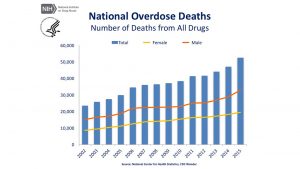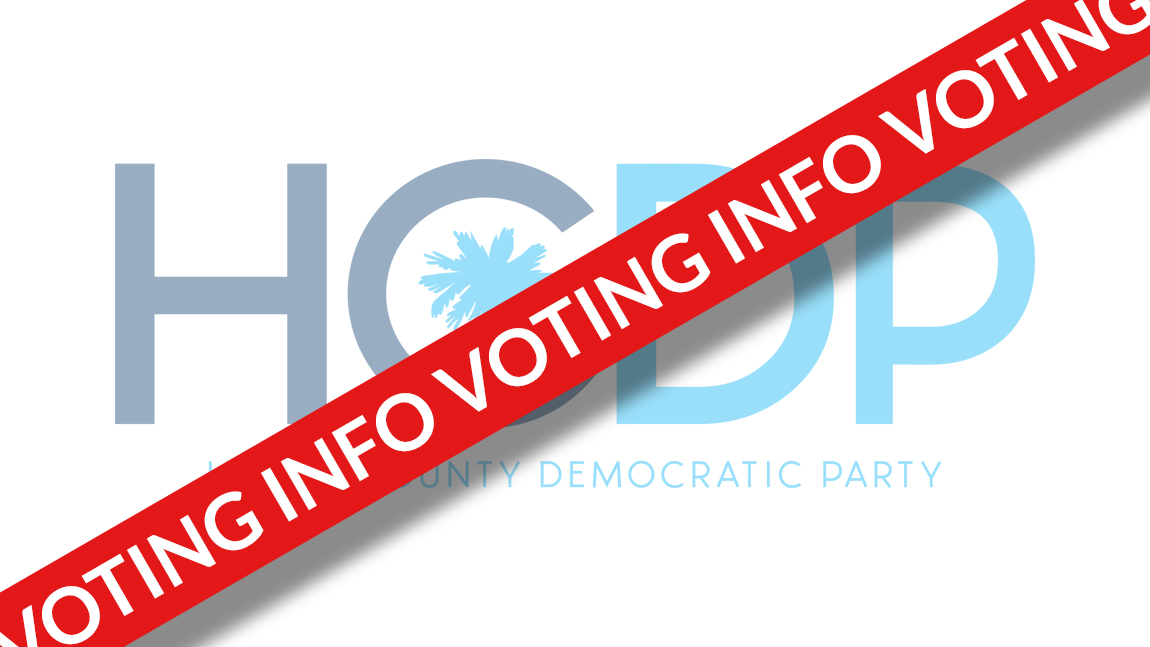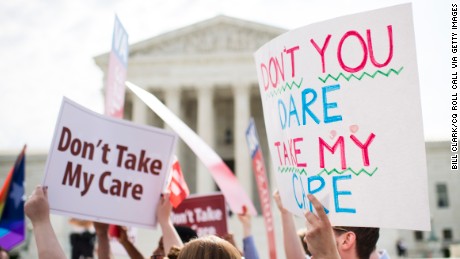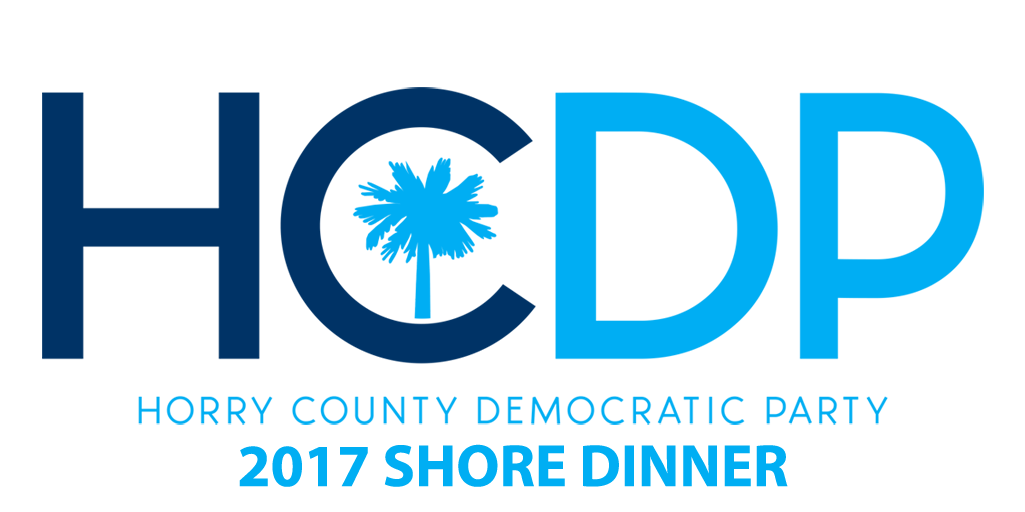Title: A Medical v. Moral Approach to Opioid Addiction Legislation

Whereas: Opioid drugs, both prescriptive and illicit, are the primary driver of death due to addiction, and,
Whereas: According to the CDC, Opioid caused deaths have quadrupled since 1999, and,
Whereas: According to the CDC, nationally, 33,091 deaths occurred in 2015, (2016 not yet available) and,
Whereas: Current law and policies, based on a moral judgement model, are ineffective as evidenced in the failed “War on Drugs,” and,
Whereas: According to web.Stanford.edu, The United States has focused its efforts on criminalization of drug use and has spent billions of dollars to eradicate the availability of illicit drugs in America, and
Whereas: Stanford.edu studies show that medical and mental health treatment, rather than law enforcement and incarceration, are the more effective way to decrease opioid drug abuse and opioid induced deaths,
Therefore, Be It Resolved: Effective drug policies and law should treat opioid addiction as a disease, and,
Be It Further Resolved: That the Horry County and South Carolina Democratic Party leadership will advocate for effective legislation and funding in support of a medical model that will significantly increase treatment facilities and programs.






